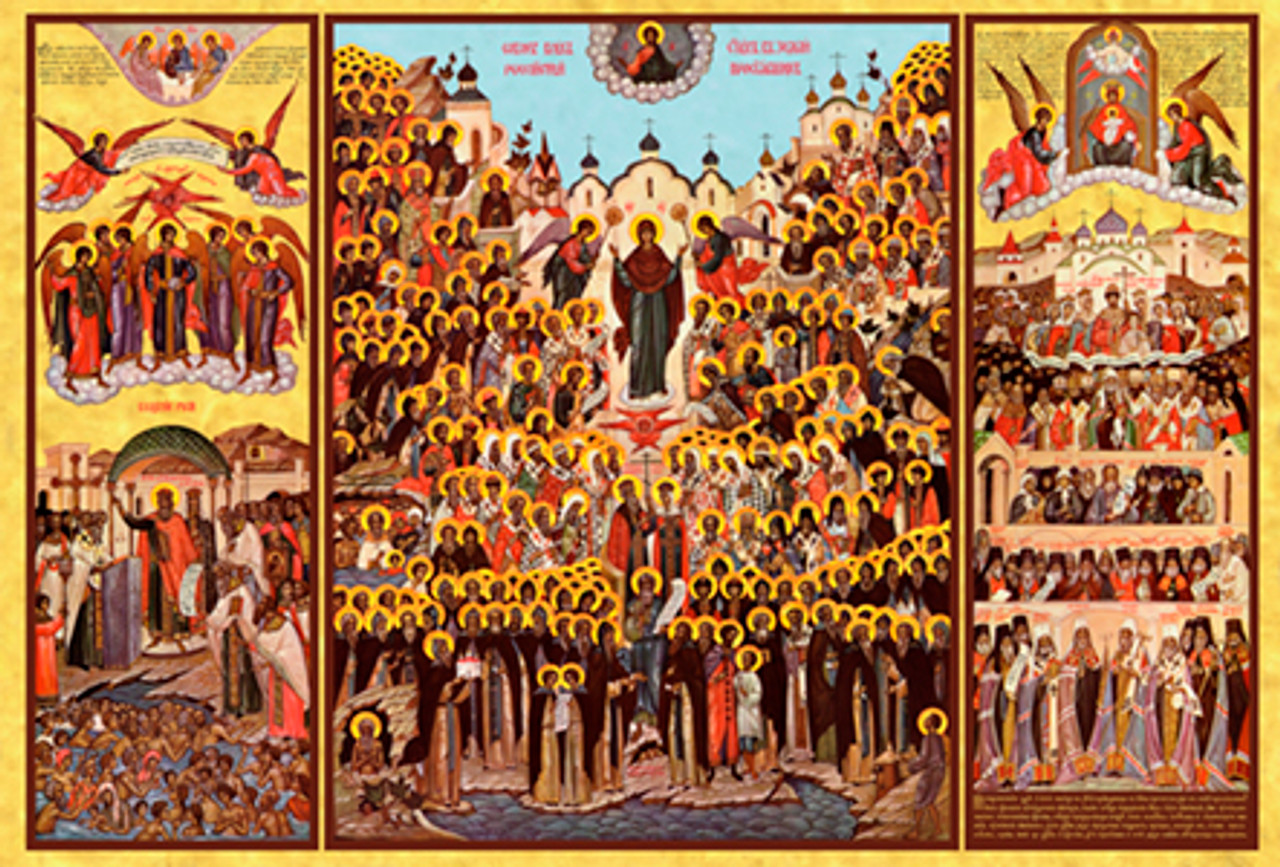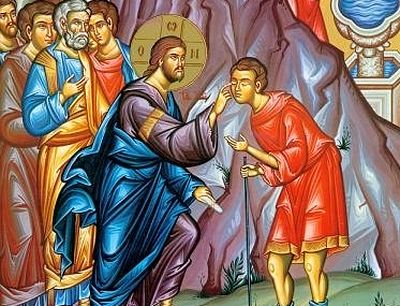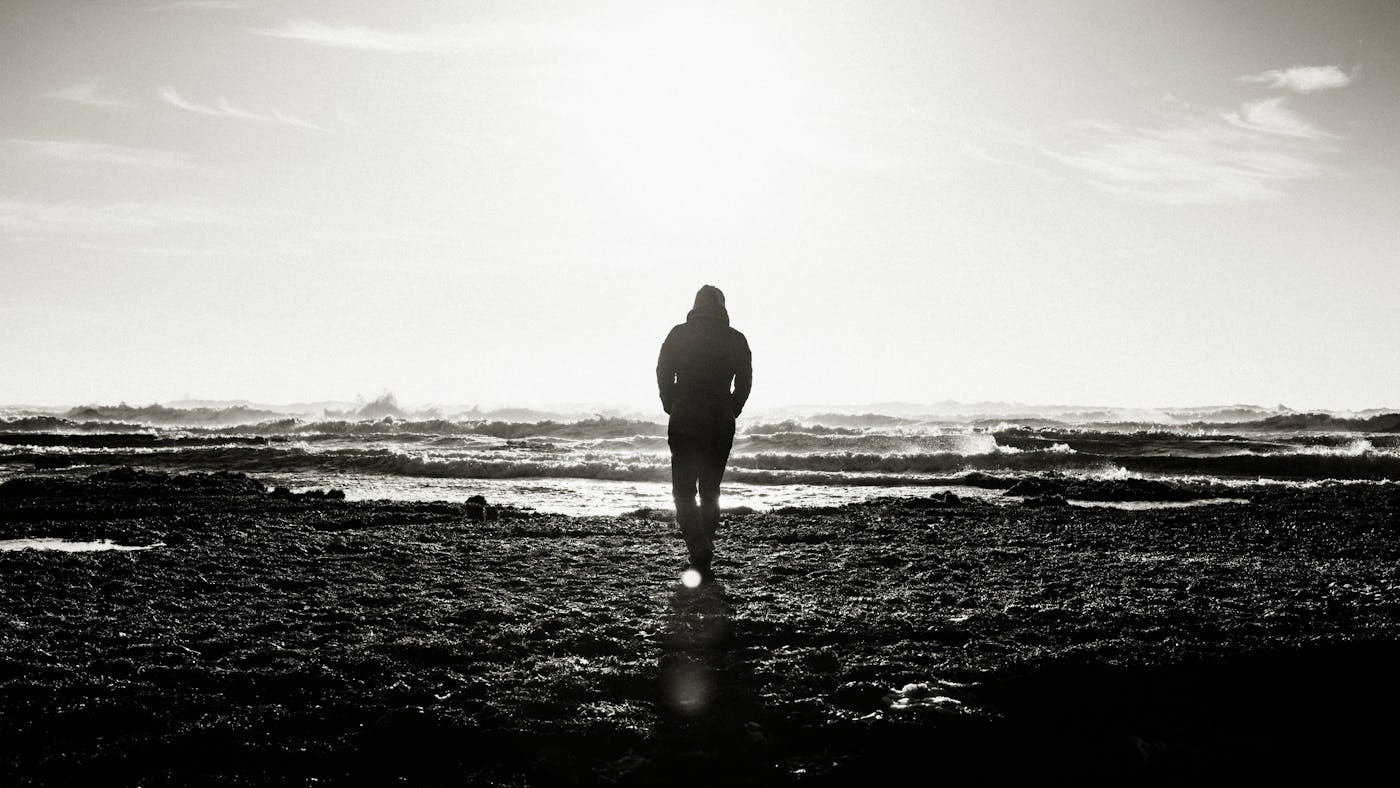The gift of holiness, the gift of the Holy Spirit, is open to all of us to receive. Yet, if Christ is the great physician, and the Church is the hospital for our souls, it is up to us to follow those prescriptions – by Christ and the Church – to take the gifts of healing freely given to us for the benefit of both soul and body. Faith and holiness is a choice.
Holiness is a Choice
Glory to the Father, and to the Son, and to the Holy Spirit; God is One! Amen
Wherever the Church is, there dwells also the Holy Spirit, and without the Holy Spirit, there is no Church, no hospital for our souls nor a pillar and foundation of Truth. Without the Holy Spirit there are no sacraments, there are no Holy Mysteries,and there is no salvation. All the sacrificial acts of Jesus Christ – the incarnation, his death on the cross, both his resurrection from the dead and ascension into heaven – were all accomplished to prepare the way for us all to receive the Holy Spirit.
All of His salvific acts were done to prepare the path for our own struggle. He fulfilled the law and all righteousness that we may follow Him on our own journey through this life so that we may become like Him, imitate Him, and follow Him and His commandments that we may one day be deemed worthy to receive the promises of Christ and be received into his Kingdom.
The Orthodox Christian faith is one of struggle. In Russian it is often called Podvig, a word largely untranslatable into English, but understood as an achievement through selfless action, or a result achieved through difficult circumstances. In the case of our Christian context, to become more Christ-like. It is in that self same struggle that we acquire the Holy Spirit. We must struggle within ourselves, against ourselves and against the world to fan the spark of the Holy Spirit within us into a great conflagration of God’s love. It takes great effort and struggle to pray, fast, give alms, repent, love one another, to forgive those who offend us, to maintain purity in our hearts, and to make our lives and our bodies worthy dwelling places for the Holy Spirit.
The more the Holy Spirit grows within us the more sanctified we become. In this we become little Christs. We become true Saints. We become holy. Recently we celebrated the sending of the Holy Spirit upon the apostles, wherein the Church was established upon Christ’s honorable blood, so today it is only fitting that we celebrate the natural and logical outcome of that event, which is that through struggle, with God’s help, Christians become sanctified and become holy, or Saints.
Today we remember All the Russian Saints of the One, Holy, Catholic and Apostolic Church. Today is in essence the name day of all Russia, where we remember the Saints who through both sorrows and great love, labored to build the Church of Russia we hold fast to this day. Kievan Rus was baptized in 988 after Prince Vladimir sent ambassadors from Kiev in search of true faith, recognizing the failings of their pagan gods. They found the Muslims of the Bulgarian lands to be without joy, and rejected the abolition of alcohol and pork, for what joy can be found in a life without Vodka and bacon? Also, Vladimir found the Jewish faith to be weak, for they had lost Jerusalem, and as a result saw them as having been abandoned by God. They found the services of the Romans to be relentlessly bleak and without beauty. Yet, when the ambassadors came to the Church of Hagia Sophia in Constantinople, they indeed found what they had been searching for, and reported back to their lord:
“And we went into the Greek lands, and we were led into a place where they serve their God, and we did not know where we were, on heaven or on earth; and do not know how to tell about this. All we know is that God lives there with people and their service is better than in any other country. We cannot forget that beauty since each person, if he eats something sweet, will not take something bitter afterwards; so we cannot remain any more in paganism.”
So, the Russian people joined Prince Vladimir through baptism into the Orthodox faith. The old pagan gods were rejected, and many churches were built in those places they once held. The Orthodox faith united disparate tribes across the land, giving them new meaning and new life. The Orthodox faith regenerated Russian princes and rulers, so that in time Russia would rise from the shadows of this world to become a beacon of Orthodoxy to all men. From the Russian Church, many luminaries of Truth and virtue arose to lead her into the ages to come. From the Russian Church many Saints, endowed with the gifts of the Holy Spirit, shine brightly into the world wherein their memories echo amongst us.
We remember the likes of Saint Sergius, who founded the largest Orthodox Monastery in all of Russia, today known as the Trinity Lavra of Saint Sergius. It is from him that the cultural ideals of Holy Rus emerged. We remember Vasily the blessed, a fool for Christ who was known all across Moscow in the 15th century, now buried in the Cathedral of the Intercession of the Most Holy Theotokos on the Red Square. We remember the holy hierarch Saint Germogen, who gave strength to the Russian peoples amidst the time of troubles; who in both faith and confession, “spiritually and morally regenerated the Russian nation, [wherein] it again started on the path of seeking the Kingdom of God and His righteousness, the righteousness of subordinating the earthly life of the state to spiritual principles.” We remember Saint Seraphim of Sarov, that great light of Orthodox Spirituality, who exhorts us to acquire a spirit of peace, that thousands around us might be saved. We remember the likes of Saint John of Kronstadt; a model for all Orthodox priests; the great pastor of Russia who breathed into the Russian people on the eve of its great peril a lasting reserve of spirituality, a reserve that would allow it to survive and endure the coming years of atheist Soviet Russia. We remember great Saints such as these, and many more like them, who struggled against themselves, against the world and acquired the Holy Spirit, as evidenced by the lasting memory of holiness they left behind.
We stand with saints like these, each of us together, united in one Orthodox faith, one teaching, one mind, and one Love for both God and one another. Love is the common denominator. Love is the unending and enduring fire of God’s grace on earth, burning through the hearts of men, and bringing light to where there is none. It is within the light and light of God’s love that the faithful persevere against the evils of this world. It is this love the Church carries into the world, and it is by this love that the Church has prevailed, prevails today, and will continue to prevail in the ages to come. For, the world is a cold and dark spiritual desert within which we are all tested. It is only by the unquenchable fire of God’s love aflame within us that we can survive and prevail, that we are guided and find our way, and are given the light life when all the world has to offer is the shadow of death. The Saints have shown this to be True. The Russian Orthodox Church has shown this to be true, having endured perhaps the greatest darkness the Church has ever known, and one of the greatest evils the world has ever known. So, as we look forward toward the days to come, let us not be disturbed by tumults and turmoil; let us not be troubled by social unrest, revolts, and upheavals; let us not be perplexed by political unrest and rhetoric; let us not stumble by the fraying of the moral fabric of the very Republic in which we live. Instead, as Father Seraphim Rose exhorts us to do, “let all true Orthodox Christians strengthen themselves for the battle ahead, never forgetting that in Christ the victory is already ours.”
The gift of holiness, the gift of the Holy Spirit, is open to all of us to receive. Yet, if Christ is the great physician, and the Church is the hospital for our souls, it is up to us to follow those prescriptions – by Christ and the Church – to take the gifts of healing freely given to us for the benefit of both soul and body. Faith and holiness is a choice. Let us heed the words of Saint Herman of Alaska: “For our good, for our happiness, at least let us give a vow to ourselves, that from this day, from this hour, from this minute, we shall strive above all else to love God and to do His Holy Will!”
Oh Lord Jesus Christ our God, by the prayers of thy most pure mother, the holy and God bearing fathers, all the saints and the martyrs and the angels have mercy on us and save us. Amen!











